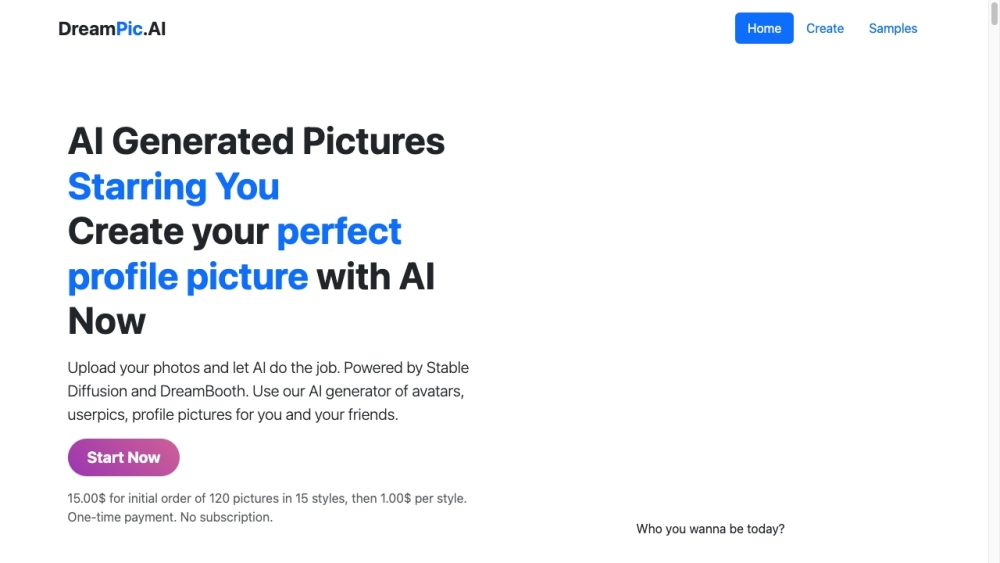Artificial intelligence (AI) is transforming the field of neuroscience by providing new insights into the complexities of depression. Researchers are employing large language models and algorithms designed for explainable AI to untangle the intricate workings of the human brain. A recent study highlights how these advanced technologies can help differentiate brain patterns between individuals who are currently experiencing depression and those who have recovered.
Understanding Brain Function through AI
By studying the brain, scientists are not only advancing mental health interventions but are also gleaning valuable lessons for AI development. Erin Solovey, an associate professor at Worcester Polytechnic Institute, emphasizes the reciprocal relationship between brain research and AI: "Much of the current work in AI is inspired by how the brain functions," she states. "Conversely, the computational methods emerging from AI and machine learning are proving essential for analyzing vast and complex datasets. These algorithms can uncover brain activity patterns linked to specific cognitive functions and health conditions in ways that were previously unattainable."
Innovative Approaches in Depression Treatment
In a groundbreaking study involving deep brain stimulation (DBS) — a treatment where electrodes stimulate the brain — researchers from Emory University, Georgia Institute of Technology, and the Icahn School of Medicine discovered a distinctive brain activity pattern associated with recovery from severe depression. By gathering and analyzing data from these DBS electrodes, researchers were able to track patient responses and refine treatment protocols. This identifiable pattern, referred to as a biomarker, signifies progress in overcoming the illness.
The study also revealed how AI can detect changes in brain activity that align with patients’ recovery trajectories. Beyond brain scans, researchers noticed that as patients began to feel better, their facial expressions also changed. AI-driven tools accurately captured these facial patterns, demonstrating a significant leap in precision compared to traditional clinical assessments. Lead author Sankar Alagapan notes, “This approach allows us to monitor the brain's recovery in a manner that is understandable to the clinical team, marking a substantial step in pioneering new psychiatric therapies.”
AI's Role in Neuroscience Research
The exploration of AI's capabilities in understanding brain mechanics is part of a growing trend in current research. One notable breakthrough involves drawing parallels between brain activation patterns and the workings of large language models like GPT. Donald Li, a visiting assistant professor at Johns Hopkins University, explains, "Both the brain and these models are engaged in predicting upcoming words during language processing. This connection offers insights into neural language processing that wouldn't be possible without the assistance of AI."
Another remarkable application of AI in neuroscience is the reconstruction of high-resolution images from brain activity. Although 'mind-reading' at such precision has posed significant challenges, advanced AI techniques now facilitate the reconstruction of visual stimuli based on recorded brain activity.
Bridging the Gap Between AI and Human Cognition
The brain has long been considered a 'black box' due to the limited understanding of its inner workings, a sentiment that extends to many AI systems as well. Li suggests that researchers can utilize AI to emulate brain functions. "While ethical constraints prevent us from physically manipulating the human brain, we can easily modify artificial neural networks to observe changes in behavior," he explains. This approach enables comparisons between AI systems and human brain activity, highlighting similarities and differences that could lead to invaluable discoveries.
Looking to the Future
As research progresses, both AI and neuroscience stand to gain from future advancements. Algorithms capable of detecting irregularities and patterns in data, as well as filtering out noise, are proving essential. Solovey expresses enthusiasm about emerging hardware that allows for non-invasive sensing of brain activity: "The evolution of technology enables us to collect brain signals in less intrusive ways. Large datasets are paving the way for AI models that can classify cognitive processes in real time, potentially leading to tools that facilitate health monitoring and enhance human performance."
Through the synergy of AI and neuroscience, we are on the brink of unprecedented discoveries that could significantly impact mental health treatments and our overall understanding of the human brain.




